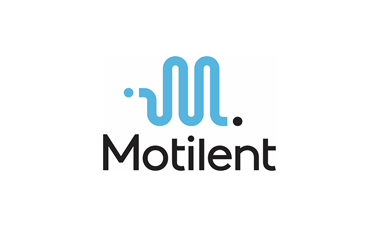Motilent
NHS problem
Crohn’s Disease affects 115,000 people in the UK. A well-managed patient can delay surgery and live a long and otherwise normal life. Although the drugs can be very effective initially, they have a 50% failure rate. We currently lack objective tests that monitor response to therapy, meaning that many patients get worse while on treatment.
Medications are expensive, ranging from £6,000 to £20,000 per patient/year. In addition, the current clinical approach is shifting to addressing inflammation with the best (and more expensive drugs) early on in a flare-up. This has led to soaring costs in biologic budgets across the NHS, with £400m expected to be spent in 2020 on a relatively small, chronic population.
The solution
Motilent specialises in the assessment of digestive diseases using medical image analysis. Its main focus areas include Crohn’s Disease, Irritable Bowel Syndrome (IBS) and Gastroparesis but it also supports a range of projects across digestive health. Motilent’s first CE marked product, GIQuant, helps clinicians identify earlier when patients stop responding to immunotherapy.
Impact
Motilent is actively involved in 40 projects world-wide, across a range of disorders, and has processed over 100,000 images. Crohn’s disease is the starting point, but several other digestive diseases will benefit from new clinical products.
Motilent:
- Provides a reproducible, objective technique for tracking treatment response
- Reduces drug spending per patient, reduced MRI scan times, reduced/removal of gadolinium contrast usage
- Improves clinician confidence in decision making
